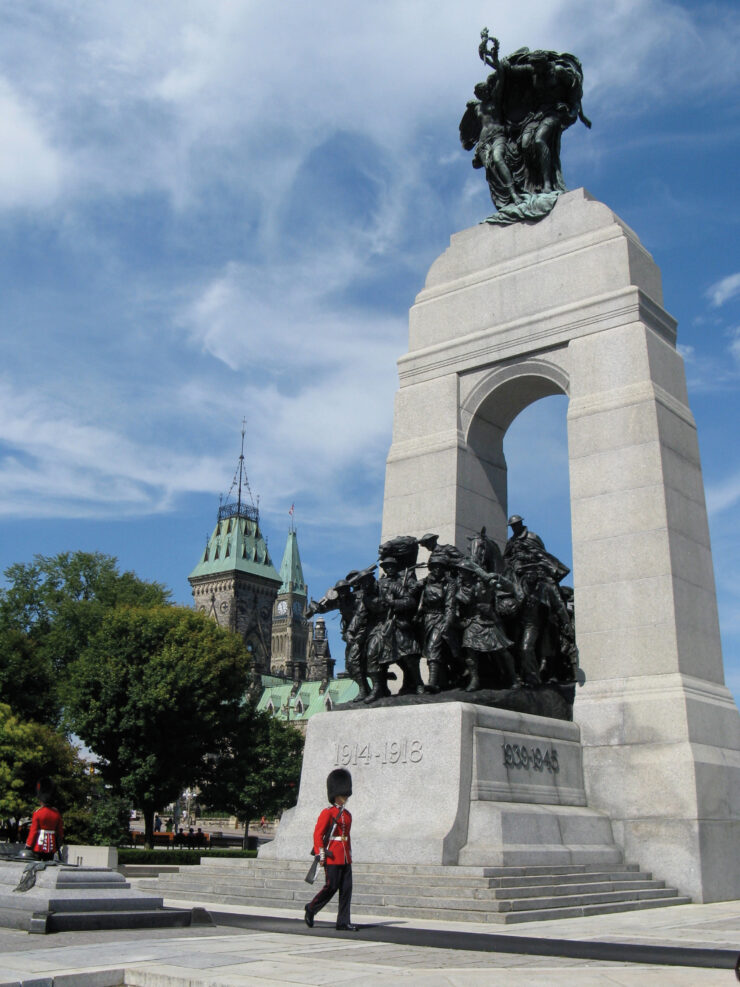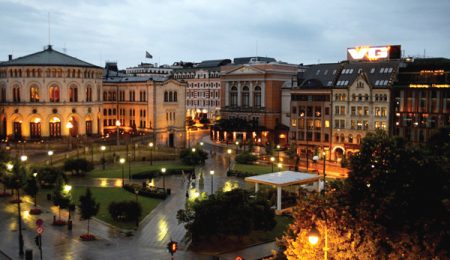No: a day off isn’t the same as real action
There’s been a lot of talk around the upcoming 150th anniversary of Confederation in two years. However, this year marks several dates of global significances—the 100th anniversary of numerous First World War battles, such as the battle of Ypres. Each Nov. 11, we remember these losses, and we mourn them.
Regularly, proposals are brought forward to make this day a statutory holiday. As noble as the sentiment may be, Remembrance Day shouldn’t be a holiday, because that wouldn’t be the most effective way to honour those who lost their lives in war.
That war, which signalled the end for the great European empires, the rise of communism and set the stage for an even bloodier war, holds deep significance for Canadians.
As Canada fought on the front lines from the beginning as a dominion of the British Empire, the war saw us gain greater independence but also saw deep divisions between our French and English communities on the issue of conscription. In all, over 60,000 Canadians died and 172,000 were wounded.
Let’s be honest, people don’t spend their holidays remembering the losses of a past century. They spend their holidays sleeping-in and partying. Most people won’t spend the Remembrance Day holiday remembering—after all, how many people spend Labour Day thinking about the achievements of our workers?
A day off isn’t the best way to honour the sacrifice made by our soldiers. Instead let’s honour them through deeds, not through words. Soldiers die to make sure that we can be safe. Let’s make sure they don’t have to do that often, and when they do, we support them on the home front.
Holidays and ceremonies can never replace real action. Rather than setting aside one day of the year to remember we should put public effort into ensuring proper medical treatment, especially for the 10 per cent of veterans who suffer from post-traumatic stress disorder, and that our military is modern and well-prepared to defend us, year round.
As well, a holiday isn’t the proper way for the public to be exposed to and educated on the sacrifices made. We have to teach our children history, but we don’t need a holiday to do that. To promote better education, museums and private initiatives also need to be encouraged to educate more people throughout the year—such initiatives will reach out to people in a far more personal way than any bureaucrat-enforced rituals.
Above all, making Remembrance Day a holiday will only reinforce the idea that remembrance should only be practiced on a single yearly occasion. Our history should be remembered every day, not just once a year.
Making Remembrance Day a holiday would be nothing more than a symbolic gesture which ignores the current problems our troops and veterans are facing. Remembering once a year is good, but implementing real reforms and changing lives is better.
Yes: Making Remembrance Day a holiday is a no-brainer
Every year, Canada observes Remembrance Day on Nov. 11. In the days leading up to it, we wear red poppies to honour all who have served Canada in the armed forces. In all areas of Canada except Nova Scotia, Ontario, Quebec and the Northwest Territories, Remembrance Day is a statutory holiday.
Remembrance Day is already an official holiday elsewhere in Canada, to help people commemorate this important event. Ontario recognizes Family Day as a holiday so it’s an easy leap to give a day-off for an event which is much more significant. Canadians are told that Remembrance Day is important yet many of us don’t have a day off to celebrate it.
In fact, in an interview with the CBC last November, former MP Dan Harris proposed a private member’s bill (C597) that would nationalize the holiday in all of Canada. He said, “All Canadians should have the opportunity to pay their respects and to participate in ceremonies if they choose.”
If Canadians did have the day off from work or school, they would have the freedom to pay their respects to our fallen soldiers and our current soldiers without facing any regulatory conflicts at work.
Canadians would be able to attend the ceremonies held at the National War Memorial here in Ottawa. As it stands in Ontario, for everyone except federal employees, Remembrance Day goes on like any other day, despite its importance.
According to a Global News article from November 2014, “82 per cent of Canadians would like to see Remembrance Day made a national holiday.” The poll also found that 90 per cent of the residents of Ontario “are most likely to observe two minutes of silence at 11:00 a.m. on Nov. 11.” So even if everyone is not in the office or the classroom, our veterans are still being honoured all across Ontario with at least the two minutes of silence they deserve.
People are more likely to engage in the two minutes of silence if they’re in an environment where they feel pressured to, like at the office or in class. However, making Remembrance day a holiday doesn’t mean that these ceremonies will stop, and people may be more inclined to attend an official ceremony if they don’t have to worry about school or work.
All in all, Nov. 11 is not just any other day. It’s a day to say thank you to those who serve our country. It’s a day to remember those who have fallen fighting for the safety of Canadians, and those who are still fighting for us.





